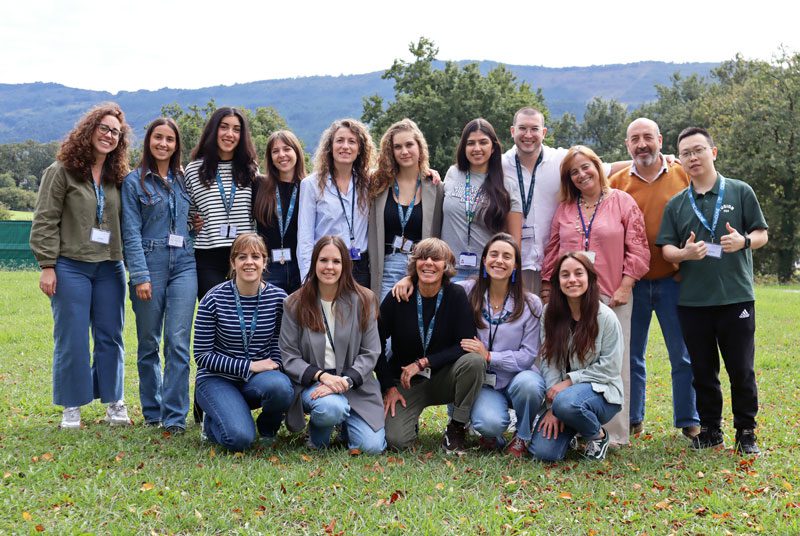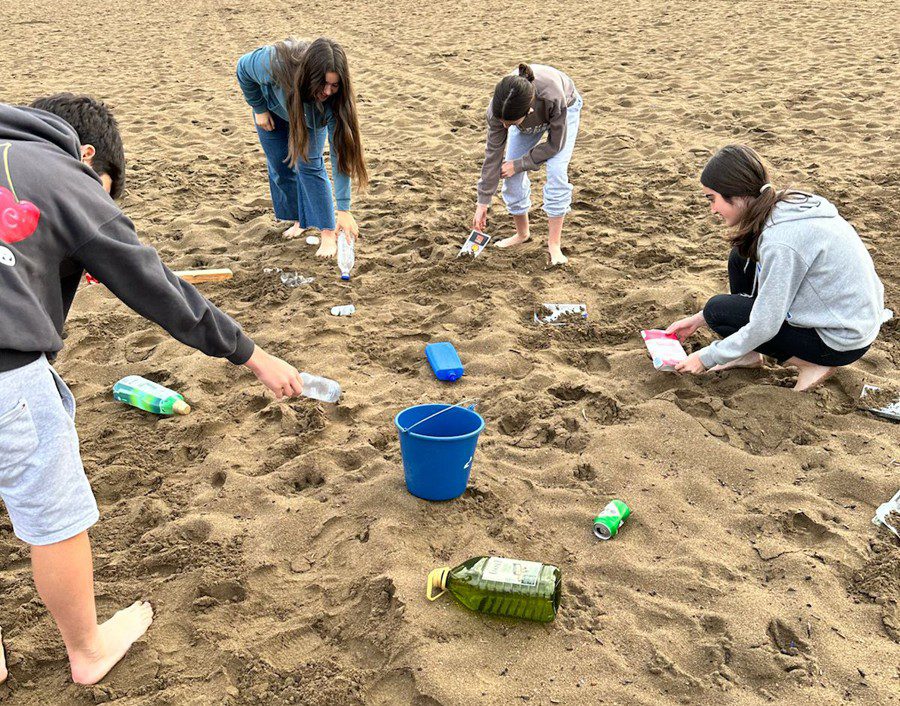A study conducted in 27 European countries reveals that multilingualism helps keep you young

The BCBL research centre has participated in a study, published in Nature Aging, which analysed data from more than 86,000 people
Using AI models, researchers estimated the difference between the actual and biological age of each individual
The results show that those who speak only one language are twice as likely to age prematurely
Can learning other languages help you stay young longer? In addition to its cultural and social value, speaking several languages can also protect brain and physical health, slowing down the biological processes of ageing and strengthening resilience throughout life.
This is the conclusion of an international study published in the prestigious journal Nature Aging, whose lead authors include Lucia Amoruso, Ikerbasque Associate Professor and researcher at the Basque Centre on Cognition, Brain and Language (BCBL).
The team of experts analysed data from 86,149 participants from 27 different countries in Europe, demonstrating that multilingual people experience slower bio-behavioural ageing compared to monolinguals.
According to the authors, this finding reveals that speaking several languages can slow down the biological processes of ageing and protect against age-related decline.
‘Our work provides strong evidence that multilingualism acts as a protective factor for healthy ageing,’ says Lucia Amoruso.
AI models
The researchers used artificial intelligence models trained with thousands of health and behaviour profiles to estimate people’s biological age and calculate the behavioural age gap (BBAG), defined as the difference between predicted and chronological age.
“We collected risk factors (hypertension, diabetes, sleep problems or sensory loss) and protective factors (education, cognition, functional capacity or physical activity) from the participants and then calculated the BBAG. If the values are negative, it indicates that a person is ageing slowly and healthily; but if they are positive, ageing is more rapid,” explains another of the authors, Dr Agustín Ibáñez, scientific director of the Latin American Institute of Brain Health (BrainLat).
The results show that people from countries where more than one language is spoken are half as likely to show signs of accelerated ageing. In contrast, those who speak only one language are twice as likely to age earlier.
These effects remain significant even after adjusting for linguistic, social, physical and socio-political factors. The protective impact of multilingualism is consistent in both cross-sectional analyses, which reflect current differences in ageing, and longitudinal analyses, which show that multilingualism predicts a lower risk of accelerated ageing over time.
‘Language learning and use activate fundamental brain networks related to attention, memory and executive control, as well as social interaction; mechanisms that can strengthen resilience throughout life,’ adds Dr Hernán Hernández, a researcher at BrainLat and co-author of the article.
Furthermore, the authors observe this protective effect as cumulative: the more languages people speak, the greater their protection against age-related cognitive decline.




